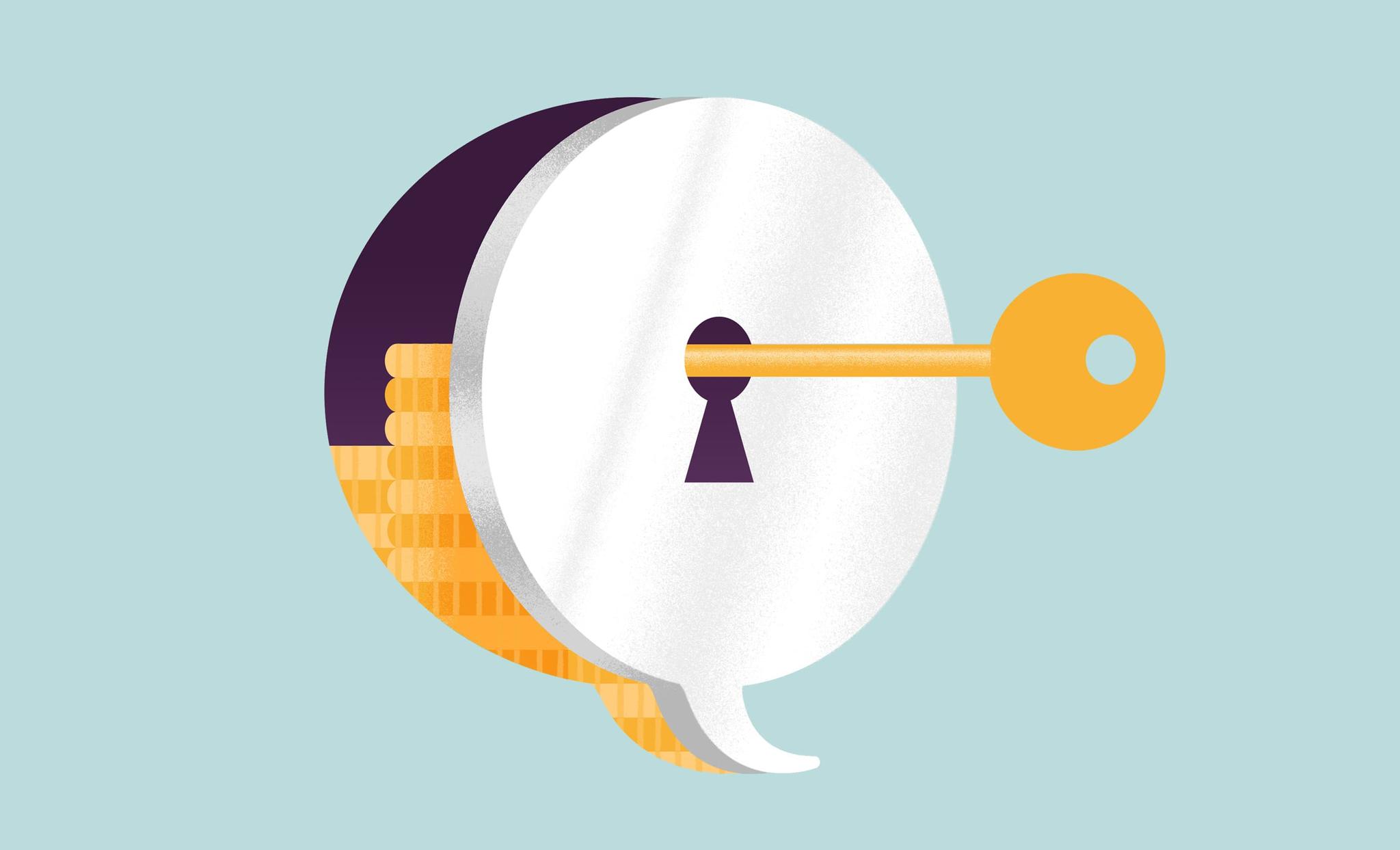
Finance for Humans
The Market Is at an All-Time High. Should I Double Down or Sell Everything?
The short answer is no. The stock market is on an epic eight-year run. You might be tempted to let emotion influence your investing strategy. Here's why that's a bad idea.
Wealthsimple makes powerful financial tools to help you grow and manage your money. Learn more
This is the latest installment of our "Ask Wealthsimple" series, where our financial guru Dave Nugent helps you navigate the world of investing.
Hey, Dave. So, as 2016 ended, I was looking over my returns. My portfolio was up considerably last year!
The markets had their best year since 2013. In fact, it’s been a remarkably good eight years—if you’ve had money in the market, you’ve seen the value of your portfolio go up steadily.
That’s actually why I called. I’m kind of smacking myself in the head right now—my return is totally respectable, maybe even great. But if I’d taken on some more risk, I’d be killing it. Shouldn’t I stop being so timid? I’m not sure “steady as she goes” is the right philosophy anymore. I’m in more of a “make it rain, baby!” mood.
It’s funny you’re asking about this—I have been hearing this line of thinking from a ton of our clients lately. A lot of people have gotten a false sense of understanding of the stock market. Especially millennials—they’ve probably only experienced a bull market in their investing lives.

Sign up for our weekly non-boring newsletter about money, markets, and more.
By providing your email, you are consenting to receive communications from Wealthsimple Media Inc. Visit our Privacy Policy for more info, or contact us at privacy@wealthsimple.com or 80 Spadina Ave., Toronto, ON.
I'm going to give you the same advice I’ve been giving to everyone else who asks me about this: When it comes to the numbers in your portfolio, tune out as much as you can. Live your life, keep saving, invest for the long term. Keep on keeping on.
But Dave! I know a guy who put basically everything he had into Wynn Resorts stock. It went up 40 percent last year. I believe he winters in Turks and Caicos now.
If you’re interested in short-term gains, that’s your call. But that’s not a good strategy for the long haul.
Turks and Caicos, Dave! You seen those beaches?
The mentality that tells you to buy more when your numbers are high—it’s a mentality people like Warren Buffett avoid, so they can make money while other people are investing with their emotions. You know his famous line, right? “Be fearful when others are greedy and greedy when others are fearful.” But you know what Warren Buffet recommends even more than being unemotional? Investing in low-fee index funds (which is exclusively what we offer at Wealthsimple) and leaving them alone.
Recommended for you

You May (Still) Have to Pay Taxes on COVID-19 Benefits
Finance for Humans

The Budget for People Who Hate Budgeting (and Also Want a Bidet)
Finance for Humans

RRSP vs TFSA: What’s the Better Choice?
Finance for Humans

Ask Lizzie: Is it OK if I Use Shopping to Make Me Feel, You Know, Happier?
Finance for Humans
Stick. With. Your. Strategy.
OK, but wait. Then shouldn’t I be fearful? The market’s been up for the last eight years, and you’re telling me pretty clearly not to turn up the risk…. Are you maybe suggesting I should sell? Retreat to cash? In my mattress?
This is also something that happens all the time with clients! When I tell them not to increase their stock exposure, they say, “Ah! Should I be selling?”
That’s hilarious. But. Um. Should I be selling?
Look, if I had a crystal ball that showed me what was going to happen six months, a year from now, I would use it. And we would make a lot of money. But guess what? I don't. No one does. If you sell now, you may miss out on some gains. There’s research that shows that if you missed out on the top 10 days of the market, you would have forgone one-third of the total returns over a 20 year period. And no one knows when those days will be. And if for some reason you sell at the right time, when do you buy? You’re sitting on the sidelines, trying to figure out which little blips actually indicate the true direction of the market, and you miss out on the rally.
The advice never changes, Andrew, no matter what. Pick an asset mix that's appropriate for what you want to accomplish financially (or use our proprietary algorithms to help you select that mix), and just forget about it.
OK. But if you had to guess—market’s up by 185% in the last eight years. New volatility in Washington. Will we have a correction?
Probably?
Probably? Probably! You’ve been holding out on me!
But here’s the important part. Who knows when it’ll happen or how big it will be or how long it will last. Yes, chances are, unless the future is totally unlike the past, the market will experience some sort of “correction.” Will it be tomorrow? Will it be in a year? Will it be in five years? The answer is maybe.
OK, but what do I do when it happens? What do I do if I wake up and I’ve been corrected?
Nothing. Don’t even look at your account. When markets make big moves, it’s easy to get emotional and either go on a buying or selling spree. Bad idea. Take a holiday from your portfolio. It’s interesting: When markets correct, people tend to panic. But it’s too late. Could it go down more? Absolutely. But you don’t know. As long as you’re in a diversified portfolio—you own stock across different sectors and different geography—and if you believe in the long-term prosperity of the economy, then you stand to do quite well by doing nothing.
The real test of how you'll do as an investor in the long term happens when the market goes down in value.
So I should never change my investments? Just set it and forget it?
There are valid reasons to think about changing your asset mix. Maybe your time horizon—how long you think it’ll be before you need the money—has changed. Maybe you’re making more money, or less, or you had a kid. If something in your life has changed, we should absolutely discuss reallocation. But don’t do it because you’re scared, or excited, or because you didn’t make enough money relative to your friend.
You and your reason and good sense are always ready to spoil a party. But what if I leave everything alone for the most part but still want to siphon off a little for something less reasonable, like a Snapchat IPO? I mean, that’s a way to make it rain at least a little? A drizzle?
It's all about moderation. Go ahead and bet on Snapchat's IPO. But if you expect to get “make it rain” type of returns, just understand that it’s also possible you might get struck by lightning and lose everything. If you want to invest in any tech IPO, do it because you have an investment philosophy based on what you think the company is going to do long term. No one makes money overnight, and anyone who says that they do is either lucky or lying.
Wait. Are you giving me your blessing to buy Snap?
I wouldn’t go quite that far. But, sure, some of our clients will buy stock in a couple different companies on their own using what they call their “play money.” And in some ways, they actually become better investors! Mostly because they stop checking their portfolio balances every five minutes. Anything that takes emotion out of the investment equation is a good thing as far as I’m concerned.
Wealthsimple's education team is made up of writers and financial experts dedicated to making the world of finance easy to understand and not-at-all boring to read.





